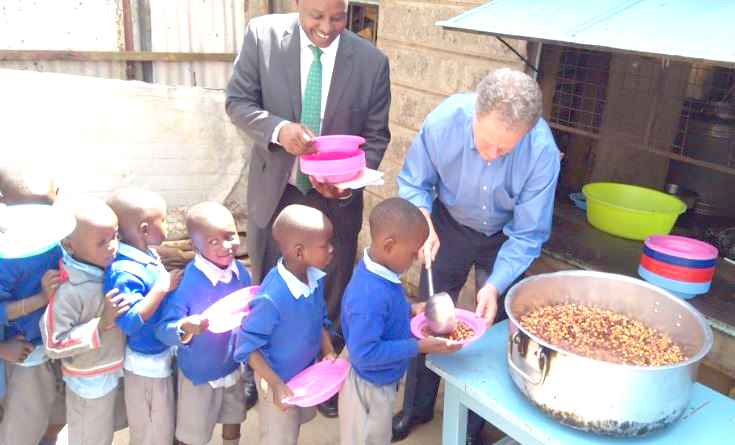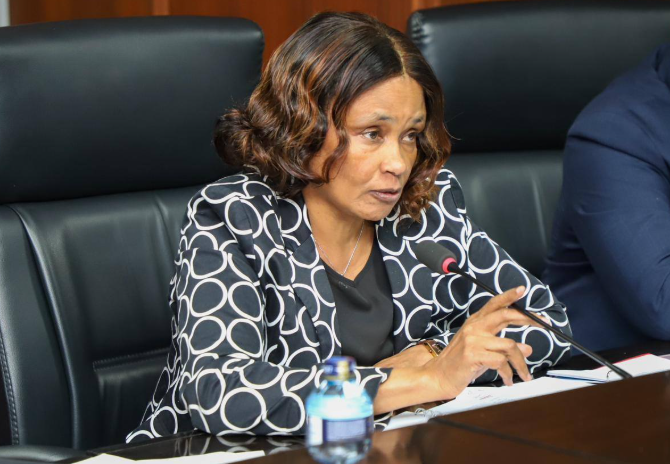By Amoto Ndiewo
In Mbalambala Sub County, the ravaging effects of drought can be felt. Children below five years, most in ECDEs, look so malnourished and can barely get up, a situation that has led to high school dropout rate.
According to National Drought Management Authority (NDMA), Mbalambala and Legdera areas are the most affected. NDMA reveals that the areas have 39,800 malnourished infants, up from 18,455 in March this year.
Abdirashid Muktar, an Education Director in Mbalambala, stated that the malnourished children hardly attend school.
“As the drought continues to bite, I’m worried about the future of ECDE learners,” cried Muktar, who added that nomadic pastoralism also creates havoc in the lives of the school goers.
He pointed out malnutrition reduces child brain power and makes them susceptible to diseases and infections such as diarrhoea and vomiting and that the future of such children in their conceptual years and gradual entry in ECDE is highly suspect.
“The condition also inhibits the child’s growth and limits their production in future,” he sadly added.
He went on to point out that people from the area can greatly benefit from mobile schools.
Muhiddeen Salah, a medic at Mbalambala sub county hospital, revealed that the children have to undergo many assessments like weight and height testing which are compared to their body mass index.
She adds that with the persisting drought, many residents are torn between looking for food, water, pasture and medical facilities since education is out of the question.
Garissa County Nutrition Coordinator Shamhat Yusuf said the drought situation in the county is so dire despite the concerted efforts by the national and county governments to intervene.
“The situation could worsen going by the recent metrological department ,’’ said Yusuf, adding that 39,800 children under five years and about 5,500 pregnant and lactating mother in the county are malnourished.
She reveals that only 23,500 children and 3,900 mothers are in the programme that supplies them with therapeutic supplies.
“Unfortunately, it’s difficult to trace those in the programme since they keep migrating in search of pasture for their livestock and food for themselves,” she noted, adding that mobile units ought to be considered.
She regrettably noted that four children have died since January due malnutrition related complication ailments and that the number could rise if drought persists.
Sugow Mathey , a nutrition coordinator at Save the Children, said they have increased identification and screening of malnourished children whom they put under nutrition programme in partnership with the county government.






